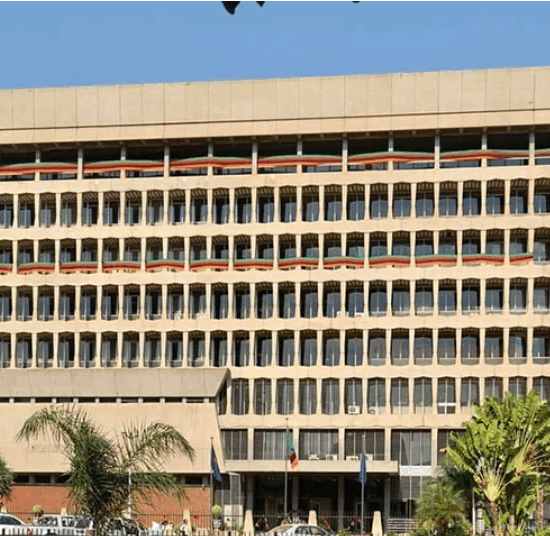
Zambia which imports large quantities of its Petroleum to power its expanding transport industry from mostly Saudi Arabia and the United Arab Emirates – UAE has no preferential trade terms or government to government trade deals with the two countries.
As a result, Zambia runs a huge trade deficit with the Saudi and UAE which has been blamed as one of the major contributors to the perpetual depreciation of the Kwacha. Efforts by Zambian based businesses and companies to embark on reciprocal exports have not been successful in the absence of high level trade deals.
What is supposed to happen is that once trade increases and reaches a material level with a specific country, those statistics should be used to negotiate and establish bilateral or special trading terms to achieve mutually beneficial trade and economic relations.
Any failure to attain mutually beneficial trade relations should result in retaliation from Zambia by sourcing Petroleum from alternative countries that are willing to establish a mutually beneficial relationship. The country should not accept to stick into this one sided and skewed relationship when It can engage in reciprocal export for its mining, tourism and Agro products.
And in response to an inquiry from the Zambian Business Times – ZBT on the skewed trade relations, Ministry of Commerce, Trade and Industry Permanent Secretary Mushuma Mulenga stated that Zambia trades with Saudi Arabia and UAE on Most Favored Nation (MFN) terms under the World Trade Organization (WTO).
MFN terms of trade implies that there are no preferential terms or treatment when trading with these two countries vis-à-vis the rest of the WTO Members. He admitted that there is need to establish stronger bilateral relations which Zambia has been working on with these two countries.
When asked if the government has plans to sign government to government deals or agreements to ensure that Zambia’s exports to both Saudi and UAE are increased to so that the trade deficit reduces, Mulenga stated that Zambia is keen to engage and sign off the government to government trade deals.
He stated that “the ministry hopes to take advantage of the Expo 2020 which has been postponed by one year due to covid 19, to strengthen bilateral cooperation with the UAE. Following President Edgar Lungu’s visit in November 2019,Zambia will participate and hold bilateral trade meetings with the government of UAE aimed at creating market access for Zambia’s products.
Another method to counter trade deficit is through attracting sizable foreign direct investments – FDI. Zambia’s trade deficit with both Saudi Arabia and UAE can be narrowed if there are strong commitments to invest into Zambia at values and volumes that can plug the annual trade deficits.
Analysts say the Zambian government needs to aggressively deal with the issue of trade deficits with South Africa, Saudi Arabia and UAE as a starting point to begin to sort out the perpetual macro economic challenge of a depreciating Kwacha, the national currency. A depreciated Kwacha robs citizens of their hard earned value in assets and savings from a global point of view.
The depreciating Kwacha has also been sited as a major contributor to high inflation which is mostly driven by imported goods and services. The imported inflation arising from the Kwacha depreciation sets into motion a domino effect on both food inflation and non food inflation.
Zambian Kwacha has this year alone in 8 months shed 42% of its value relative to international convertible currencies such as the US dollar.
The Saudi embassy in Zambia has been engaged by ZBT to give the reasons behind the lack of a trade deal despite so many years of well established trade. Watch out for the response form Saudi Arabia and UAE to follow…







